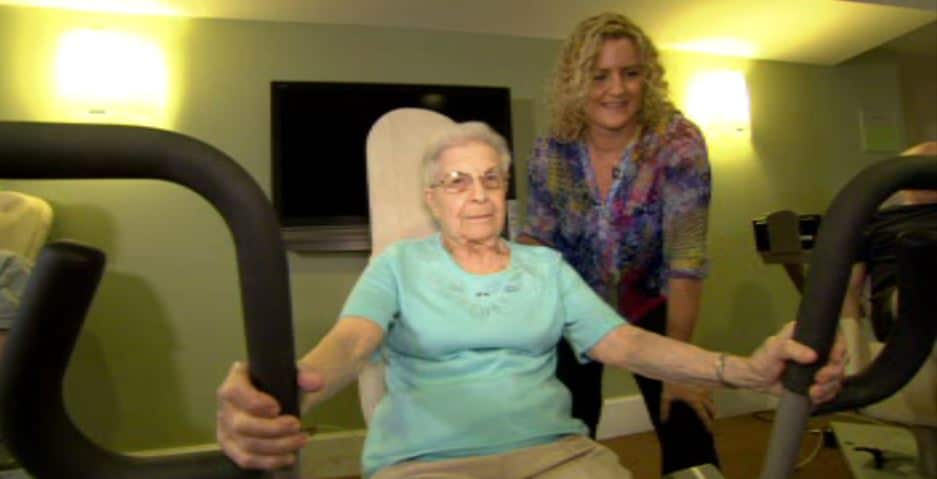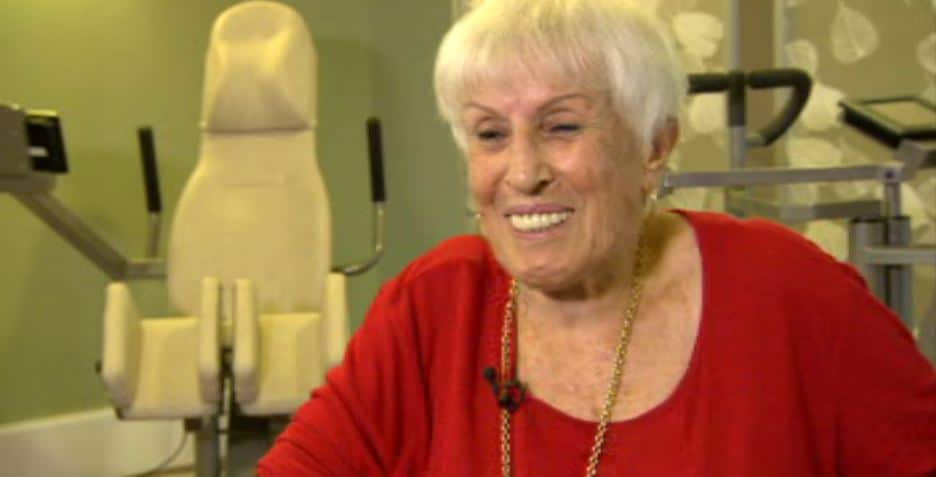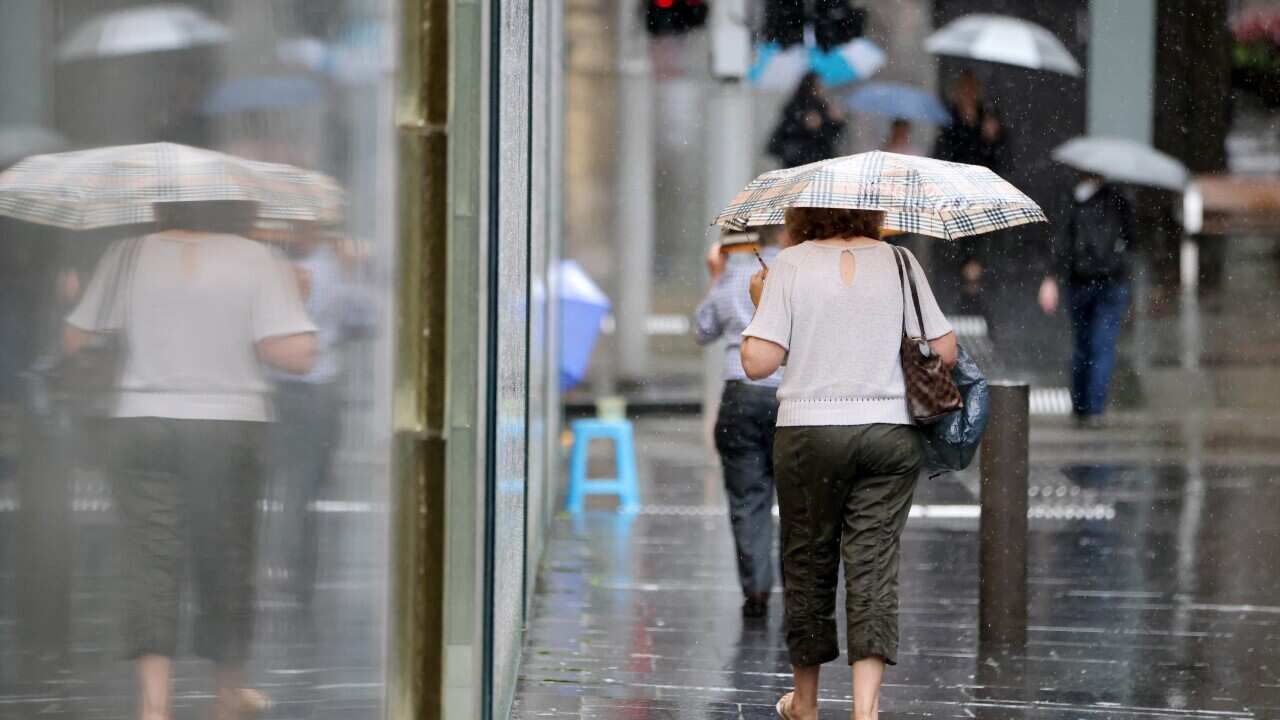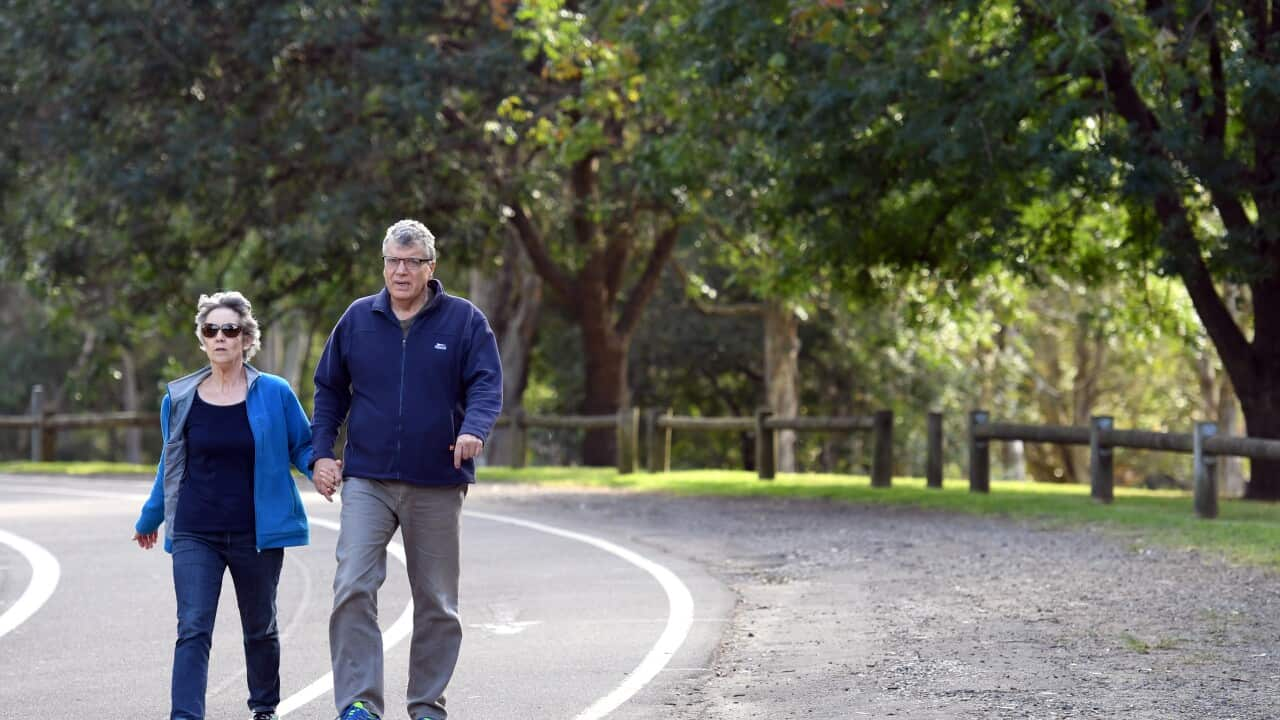Health professionals are urging an increased focus on strength and wellness among aged care residents, as the Federal Government reviews the way such facilities are funded.
A recent Australian study suggests strength and balance exercise program for such residents can significantly decrease the rate of falls.
Falls are the biggest cause of preventable deaths in Australian aged care facilities.
Globally, residents in care are three times more likely to fall than people living in their homes.
'Exercise is key'
Evidence of the benefits of exercise within aged care has been mixed, with some international research suggesting that exercise may actually increase the risk of falling.
But, physiotherapist Jennie Hewitt, a PhD student at Sydney University, found the opposite.
RELATED READING

Elderly people must keep moving to live longer: study
She recently completed a 25-week trial of 221 residents in 16 facilities across NSW. Half undertook individually-prescribed resistance training and balance exercises, while the other half followed their normal regimes.
The study found that those residents who used the gym-based rehabilitation equipment experienced a 55-per cent reduction in falls - with a similar rate of reduced injury among those who did fall.

Physiotherapist Jennie Hewitt, right, encourages the elderly to exercise. Source: SBS News
“Most places in the past, up until the last couple of years, have really been providing exercise programs through DVD,” Dr Hewitt told SBS News.
“Turn it on, leave people sitting in their chairs, they’ll exercise … But unless they're getting solid strength gains, and improving their standing balance, which you don't get from sitting alone, then they're not going to reduce their falls.”
'My goal is to dance'
Three years ago, Montefiore Jewish Home in the Sydney suburb of Randwick acquired the $60,000 suite of Finnish-brand rehabilitation machines, used in Dr Hewitt’s study.
One resident, 90-year-old Joy Schoenheimer, who has Parkinsons Disease, was delighted.

Joy Schoenheimer, 90, says her balance has improved. Source: SBS News
“Now I'm using the one machine I should be using - a balance machine” she said.
“I still can't not hold on, but I can stand, which I couldn't when I first started.”
“My goal is to be able to dance. The girl always goes backwards. With Parkinsons, you can't go backwards, and if I could dance and go backwards, that would be fantastic.”
What funding is available?
Currently, the Federal Government does not subsidise any strength and balance programs within aged care.
Dr Hewitt is using her research - appearing in the Journal of the American Medical Directors Association, among other publications - to back calls for change.
It comes as the Health Department works on an overhaul of its 10-year-old Aged Care Funding Instrument (ACFI) - widely seen as lagging behind best practice within the rapidly-evolving aged care industry.
The Australian Health Services Research Institute, based at NSW's Wollongong University - is advising Aged Care Minister Ken Wyatt on potentially sweeping funding reforms.
The institute’s deputy director Rob Gordon says instead of individual aged care programs being selected for government subsidy, facilities themselves should be allowed to allocate their funds.
“In that type of environment”, he said, “it becomes possible for care homes to make decisions about the types of initiatives that are best suited to individual residents.”
“And strength-based initiatives - or more generally, wellness-type programs - can become part of the core business of aged care homes, rather than being treated as add-on payments.”









